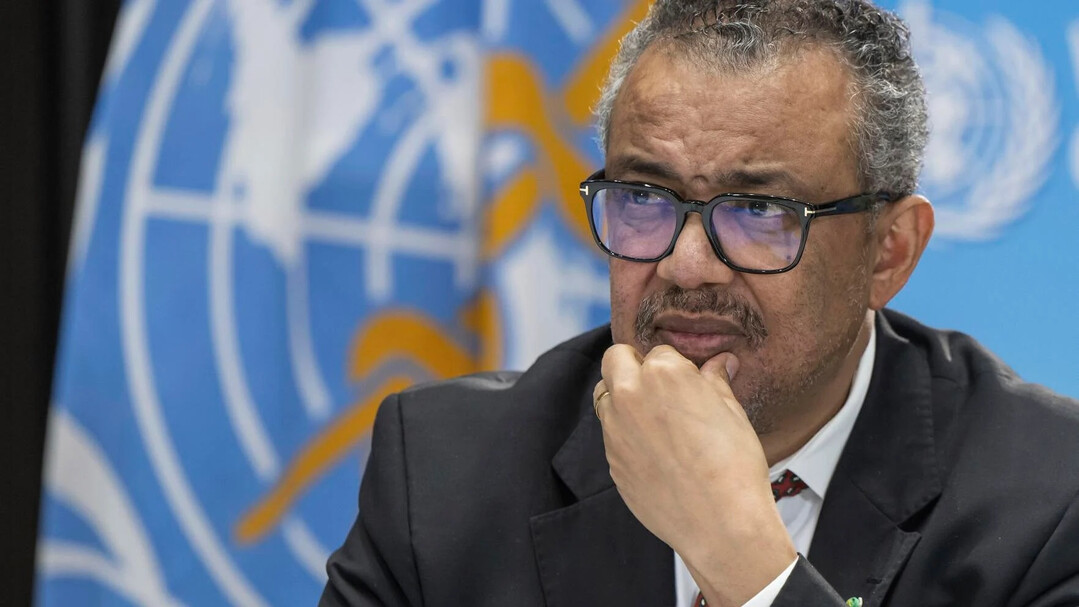
World Health Organization (WHO) Director-General Tedros Adhanom Ghebreyesus strongly warned at the 2nd Global Conference on Air Pollution and Health held in Cartagena, Colombia, that air pollution is "one of the greatest health and environmental threats of our time."
In a video message at the closing ceremony, Director-General Tedros pointed out, "The simple act of breathing, a fundamental part of life, is for many a cause of death because of the air they inhale," with Colombian President Gustavo Petro also attending the event.
He reminded the audience that approximately 7 million people die annually worldwide due to air pollution, defining the issue as a "silent killer" that exacerbates respiratory diseases, cardiovascular diseases, and other non-communicable diseases. He also emphasized that it "disproportionately affects the most vulnerable populations and deepens health inequalities," as well as negatively impacting the growth and development of children.
Director-General Tedros lamented, "The emissions from chimneys and exhaust pipes that are suffocating our planet are suffocating people, filling their lungs with deadly poisons," and stated that WHO is committed to supporting countries in improving air quality to tackle this issue, which is both an environmental problem and a fundamental public health concern.
"Air Pollution is Everyone's Problem"...Calls for Participation from the Scientific Community and Civil Society
Director-General Tedros stressed that the support of the scientific community and civil society is necessary to address these challenges. He emphasized that "air pollution is everyone's problem" and a challenge that requires cooperation from various sectors, including health, energy, transportation, and agriculture.
In this regard, he mentioned the fact that health experts and civil society members representing over 47 million people worldwide signed a "Call for Urgent Action to Reduce Air Pollution and Protect Human Health from Its Impacts."
WHO has agreed to reduce the health impacts of air pollution by 50% by 2040, and Director-General Tedros assessed this as an "ambitious but achievable" goal. He added that if this goal is achieved, "approximately 3 million lives could be saved each year."
Calls for Active Participation from Governments and Businesses...Presents Three Key Actions
Director-General Tedros urged the active participation of governments and businesses to achieve this goal, presenting three key action plans:
Financial Measures: Invest in clean air policies and sustainable energy.
Technical Measures: Translate WHO and national/regional authority guidelines into laws and regulations to reduce emissions.
Social Measures: Protect vulnerable populations in the most polluted areas.
Meanwhile, the Cartagena conference, attended by authorities and scholars from around the world for three days to conduct in-depth discussions on the health risks of air pollution, concluded on the 28th (local time).
[Copyright (c) Global Economic Times. All Rights Reserved.]






























